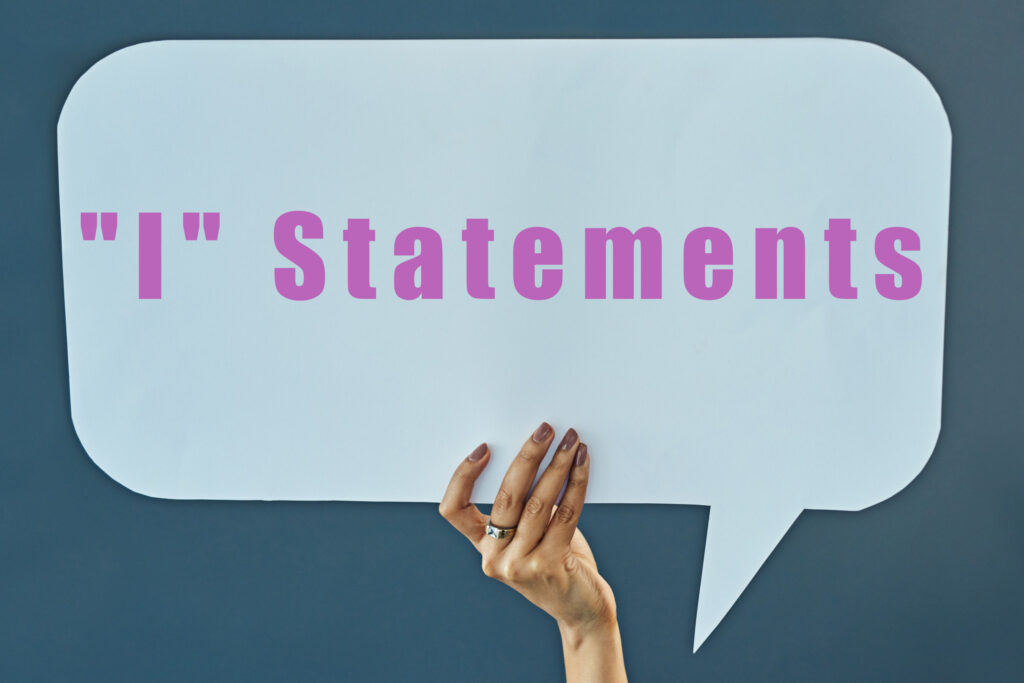The Power of Crying

When “Don’t Cry You’re Going to Be O.K.” Isn’t Enough
The myth that people only cry when they’re sad is well known. Sometimes this belief causes family and friends to want to “cheer you up” when you cry. Crying is often seen as a behavior that needs to be stopped, redirected, or felt ashamed about.
What is crying? It is a natural response to a mix of feelings, such as grief, joy, happiness, and also sadness. More women cry than men, and some research shows that crying can be a powerful and healthy way to release strong emotions.
Tears of Joy
A baby is born. A loved one returns to you. These are just some of the happy events that can move people to cry. Sometimes words aren’t enough, and we respond with tears that communicate relief, joy, or connection with the beautiful world and people around us.
Sadness and Isolation
Legendary country singer Hank Williams laments his sadness in the song “I’m So Lonesome I Could Cry.” While feeling lonely can cause tearfulness, this is not the same thing as being alone and feeling content. Feeling isolated from others or sad are emotions that can trigger episodes of crying, when you may benefit from more social support.
Emotional Connection with Others
Have your eyes ever teared up when you are talking with a loved one or family member? Maybe you are discussing a shared memory or event? You also might find yourself reminiscing about a loved one who has passed away. Crying with another person can be a valuable way to connect with others and share your feelings.
Grief and Loss
The death of a loved one is an event often associated with sadness and tears. Because funerals and memorial services are often associated with tears, some people feel “guilty” if they don’t cry when a loved one dies. They sometimes feel that others expect them to cry.
However, feeling numb or withdrawn are also emotions people experience when they grieve – not just tears. Some helpful resources for processing grief can be found on the Hospice Foundation of America’s webpage at hospicefoundation.org. Their section on Grief Resources includes topics such as Commonly Asked Questions, Children and Grief, and Grief and the Workplace.
Chronic Illness and Pain
Managing chronic or severe health issues can be stressful. It is not uncommon for a person newly diagnosed with a condition, such as cancer or a life limiting illness, to feel overwhelmed and tearful. If you are ill, you might feel like some people close to you can’t cope with the times when you feel down or sad.
Reaching out for support from family members and friends who are comfortable “sitting” with your pain and listening to you can be an important step to take. You may need to accept that there are people in your life who care about you but don’t have the ability to cope well with your illness.
Anger
Feeling angry is often associated with yelling, irritability, or agitation. Yet many people also cry when they are angry about something. Since tears are associated as a way of expressing intense emotion, crying is no stranger to anger. It is very common for people to feel tearful if they are engaged in a heated discussion or are mad about something disappointing.
Screening for Depression: “What if I Feel Like I Can’t Control My Crying? It Seems to Happen Day after Day.”
While tears are a normal expression of many feelings, there are occasions where they can be a symptom of depression or another mental health disorder. Feeling down, depressed, hopeless, or finding little pleasure in doing things every day for a 2 week period can be signs that a person has become depressed.
Having episodes of uncontrollable crying in which you feel overwhelmed daily can be red flags for depression. One helpful screening tool for depression is the PHQ-9 (Patient Health Questionnaire), which is often administered by mental health clinicians. The tool can also be referenced by consumers looking for more information on signs that they may be depressed. A copy of the PHQ-9 can be found on the Stanford Medicine website at med.stanford.edu.
If you are concerned that you might be depressed, please reach out for evaluation and support from a mental health professional. Our skilled and compassionate therapists at Aram Connection are here for you. We can offer the emotional support and problem-solving strategies to help you make life better again.
Empower Yourself to Thrive with Confidence
This emphasizes both self-empowerment and confidence in navigating life’s challenges.



